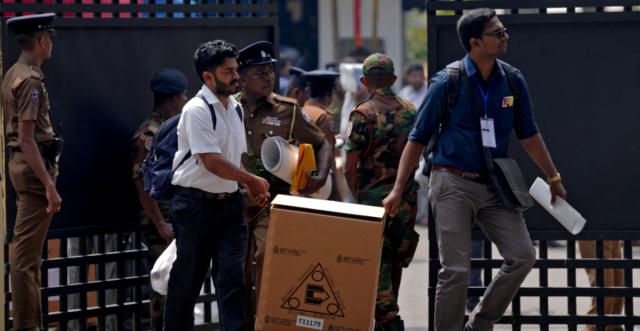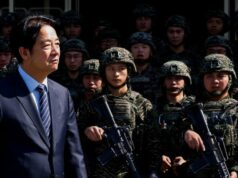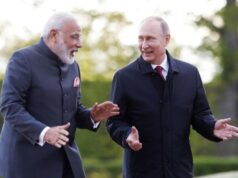In Sri Lanka, 17 million voters and 9000 candidates are vying for 225 seats in Thursday’s parliamentary election. And some of the biggies of yesterday are not contesting including former presidents Ranil Wickeramasinghe, Gotabaya Rajapaksa and his brother Mahinda.
Current President Anura Dissanayake needs desperately to win. His party the Janatha Vimukthi Perumana (JVP), part of the National People’s Power coalition, had only three MPs in the last parliament. He needs a majority to implement his development agenda and so took the opportunity to dissolve parliament and declare fresh polls.
Lawyer Chrismal Warnasuriya says it’s important “How well the president is able to convince the people to vote for his candidates, most of whom are not known to the voters.”
Dissanayake has broadened his campaign from the purely ethnic Sinhalas in the south to include the Tamils in the north and the Muslims in the east.
He has promised the Tamils he would crack down hard on Indian fishermen intruding into their waters and also indicated he would ensure lands occupied by the army would be returned to Tamil farmers. But on Tamil political rights and aspirations, he’s been silent.
The idea seems to be that if the focus is kept on development, it would eventually lead to some workable political solution in the future.
The opposition parties seem to be struggling to overcome their role in the recent past, the corruption which characterised it and the high handed manner in which they ruled. Sajit Premadasa, of the Samaji Jana Balawegaya (SJB), has promised to overturn the deal with the IMF, which is seen as hurting ordinary Sri Lankans with its onerous requirements.
Wickeramasinghe is not contesting but is campaigning for candidates belonging to the New Democratic Front, a breakaway faction of the UNP. He insists that the deal his government negotiated with the IMF rescued the country from bankruptcy and economic collapse.
The sense among some observers is that Dissanayake’s party will do well, some predicting at least 120 seats.
Thirty eight years in journalism, widely travelled, history buff with a preference for Old Monk Rum. Current interest/focus spans China, Technology and Trade. Recent reads: Steven Colls Directorate S and Alexander Frater's Chasing the Monsoon. Netflix/Prime video junkie. Loves animal videos on Facebook. Reluctant tweeter.





